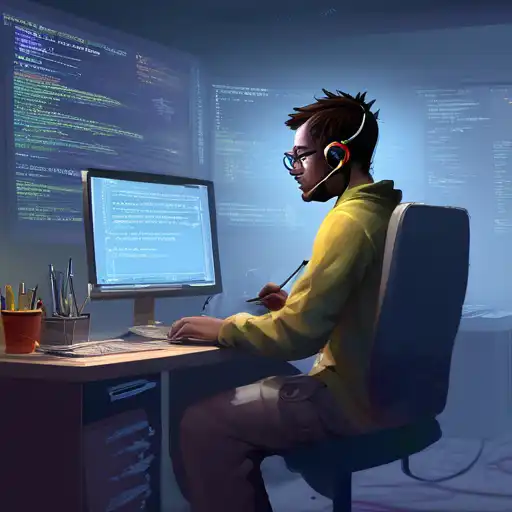Introduction to Debugging for New Programmers
Debugging is an essential skill for every programmer, especially for those just starting out. It involves identifying and resolving errors or bugs in your code that prevent it from running correctly. This article provides practical debugging tips to help new programmers navigate through common coding mistakes efficiently.
Understand the Error Messages
One of the first steps in debugging is to read and understand the error messages displayed by your compiler or interpreter. These messages often contain valuable information about what went wrong and where. Ignoring them can lead to wasted time and frustration.
Use a Debugger Tool
Debugger tools are invaluable for stepping through your code line by line, inspecting variables, and understanding the flow of execution. Familiarize yourself with the debugger in your programming environment to make your debugging process more efficient.
Check Your Syntax
Syntax errors are among the most common mistakes new programmers make. Always double-check your code for missing semicolons, brackets, or typos. Using a linter can help identify these issues before you even run your code.
Break Down Your Code
If you're dealing with a complex bug, try breaking down your code into smaller, manageable parts. Test each part individually to isolate the issue. This approach can simplify the debugging process and make it less overwhelming.
Look for Patterns
Often, bugs follow certain patterns. If you encounter a similar issue more than once, take note of the circumstances under which it occurs. This can help you identify the root cause more quickly in the future.
Ask for Help
Don't hesitate to ask for help if you're stuck. Online forums, coding communities, and even pair programming can provide new perspectives and solutions to your debugging challenges.
Practice Makes Perfect
Like any other skill, debugging improves with practice. The more you code and debug, the better you'll become at identifying and fixing errors efficiently. Remember, every programmer, no matter how experienced, encounters bugs.
Conclusion
Debugging is a critical skill that all programmers must master. By understanding error messages, using debugger tools, checking syntax, breaking down code, looking for patterns, and seeking help when needed, new programmers can overcome common coding challenges. Remember, persistence and practice are key to becoming proficient in debugging.
